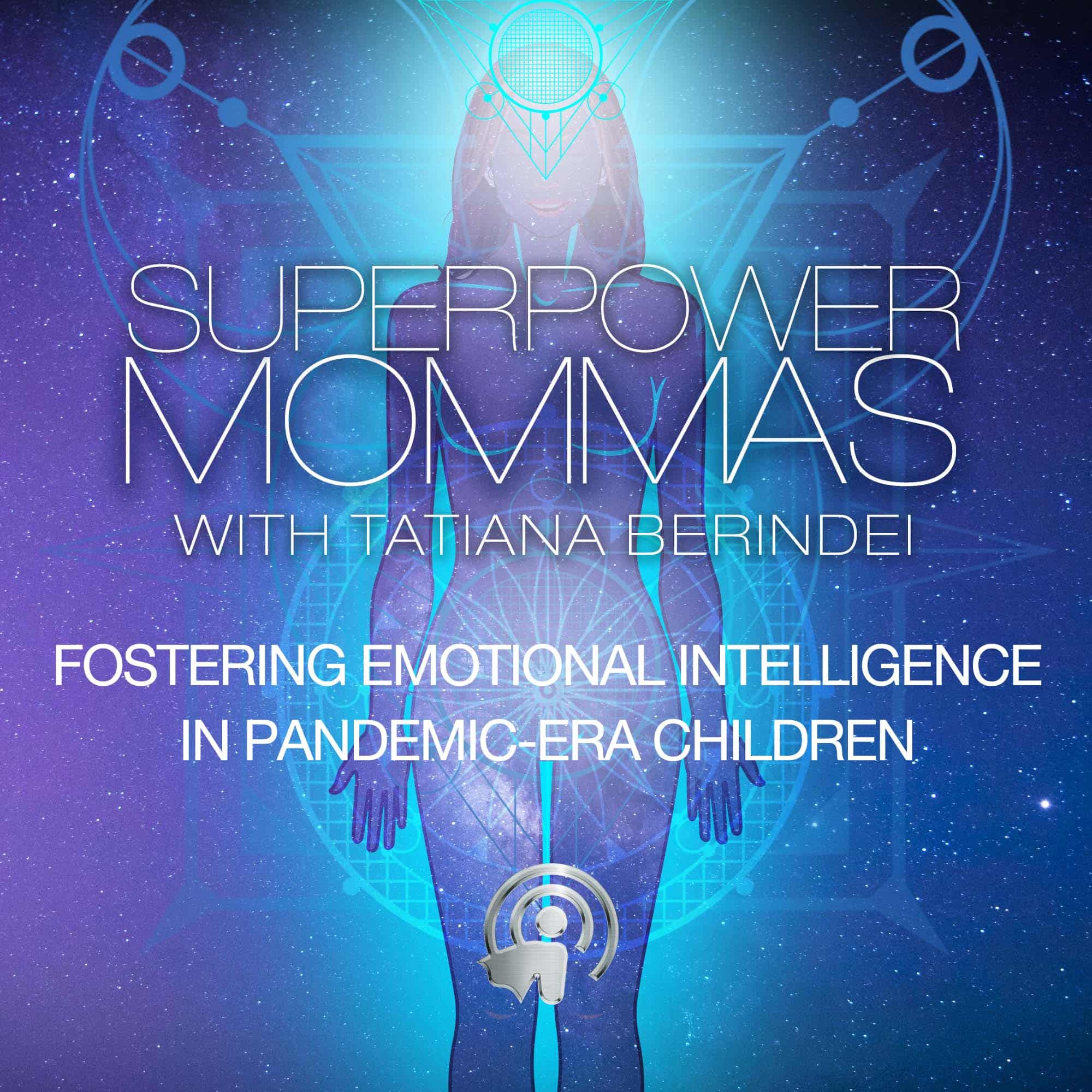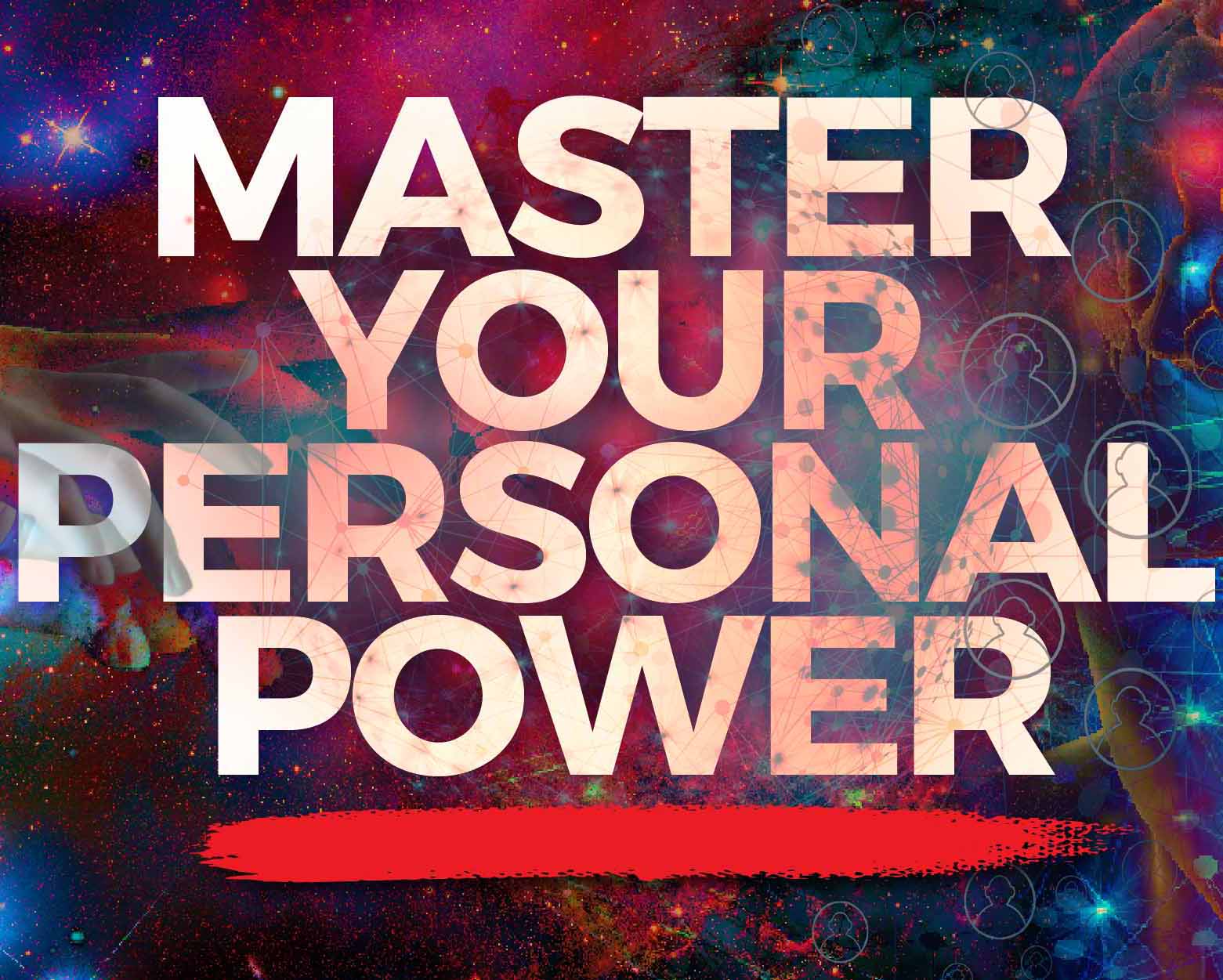
Fostering Emotional Intelligence in Pandemic-Era Children
How can we, as parents, start fostering emotional intelligence in pandemic-era children? In this episode of Superpower Mommas, host Tatiana Berindei welcomes guests Helen Hadani and Rachel Katz. They discuss how the pandemic has impacted how children make social connections. Being a parent does not only mean providing for the children’s material needs. There are also emotional needs that adults should provide for them to be emotionally intelligent and resilient. Tune in to know what parents should do to start fostering emotional intelligence in pandemic-era children.
Tatiana Berindei:
Hello, everyone, and welcome to the SuperPower Mommas podcast show. I am your host Tatiana Berindei, and I am really excited today. My guests today are Rachael Katz and Helen Shwe Hadani, and we are here to be discussing fostering emotional intelligence in pandemic-era children, really in all children, but I am super interested in how the pandemic has impacted that in our children, and so, we’re going to dive a little bit into that for those of you who are parenting in this time and have noticed the difference.
So let me tell you a little bit about Rachael and Helen before we dive in today. Rachael Katz is an expert in child development, focusing on social and emotional learning. She’s devoted her entire career teaching children’s social and emotional learning, and helping parents and teachers foster and support emotional development in children of all backgrounds. Her new book is titled The Emotionally Intelligent Child: Effective Strategies for Parenting Self-Aware, Cooperative, and Well-Balanced Kids and features many of her strategies, including the Mind Framework, which I’m sure we will talk about today. Rachael’s other experiences include elementary teacher, TV show creator, curriculum writer, and trainer of educators, parents, and students.
Helen Shwe Hadani is currently a fellow at the Brookings Institution, where she conducts policy-focused research on the benefits of playful learning in both formal and informal contexts. Before joining Brookings, Dr. Hadani served as the Director of Research at the Bay Area Discovery Museum, where she guided program and exhibit development. An expert in early childhood and creativity development, she has more than 20 years of experience in research and education settings and has worked with toy media and technology companies, including Disney, Sesame Workshop, Apple, Lego, Fisher-Price, and Mattel. Helen holds a BA in Cognitive Science from the University of Rochester and a Doctorate in Psychology from Stanford, and I am just so grateful to have both of you here with us today. Thank you so much for coming to the show.
Helen Shwe Hadani:
Thank you for having us.
Rachael Katz:
Yeah, thank you.
Tatiana Berindei:
Absolutely. So no one is exempt from our first question, which I will ask each of you. We’ll be starting with Rachael since I read your bio first. Rachael, what would you consider your superpowers in the realm of child development to be?
Rachael Katz:
I guess my superpower is maybe I would say it’s patience; where I love spending time with children, and for some reason, they calm me down. They give me the patience that I need to observe them then and think about them and be with them and teach me. Then I can go on to create content for kids for a wider audience than the ones that I’m just working with. So I would say that a superpower is patience.
Tatiana Berindei:
I would say being able to create content for children is a superpower, too.
Rachael Katz:
I’ll have two.
Tatiana Berindei:
Great. I think we all have many and how about you, Helen? What would you say your superpowers in the realm of child development are?
Helen Shwe Hadani:
That’s a great question. I guess I’ll answer it more from a professional lens. I think that I’ve spent my career trying to bridge this research-to-practice gap that I think exists in a lot of places. So what I mean by that is I started in graduate school to be fascinated by children’s learning. How they learn the language was specifically what I studied in graduate school. But then taking that knowledge and making it accessible and understandable to parents and educators.
Early in my career, I worked with a lot of toy and technology companies. At that time it was not, I’m going to sort of date myself, but it was not common for little kids to be playing on iPads or iPhones and putting technology into toys was something new. You had all these really talented designers and engineers that were working at these big tech companies, but they had no idea what young children like to do, wanted to do, would be educational for them.
And so, I think, yeah, I’ve really dedicated my career and always been fascinated by all this amazing developmental research that is being conducted and written up in journals, but that just stays in the academic world, and it doesn’t get out there to people who are interacting with children and raising children and then people who are creating experiences for children as well. I guess I would consider that my superpower.
Tatiana Berindei:
Yeah. That bridge work is really important, especially in the realm of children. Academia is an adult arena, right, and so we’re studying children in an academic lens, but how does it ever trickle down? So thank you for being the one to bring down. That’s really important.
Helen Shwe Hadani:
Thank you.
Tatiana Berindei:
So we will go for a quick break before diving into this conversation. Before we go, will you two maybe share a little bit about your book and where people can find it, and maybe just a little taste of how it came into being?
Helen Shwe Hadani:
Sure.
Rachael Katz:
Helen, do you want to take that?
Helen Shwe Hadani:
I can start. So the book is called The Emotionally Intelligent Child, published by New Harbinger Publications. We’re fortunate to work with them. They’re based in Oakland, California.
The book really came about Rachael, and I first met at the Bay Area Discovery Museum, which is in Sausalito, California. We quickly bonded over our passion and mutual interests for developmental research and education and how to apply that in a classroom and museum setting.
And so, several years later, Rachael came to me and said, “We need to write a book about all these strategies that we used in the classroom.” She used it in the classroom. Mainly, she was the head of school at the Discovery School, which is the onsite preschool at the museum, and just wanted to share all these tips and practices with parents and educators. And so, that’s what motivated us, I think, to write the book.
Rachael Katz:
And if I can piggyback on that for a moment, Helen and I saw that we had a lot of knowledge about child development, and we could easily apply that. I could take the research that Helen was working on in creativity, and we could spin that and turn that into applied practice in our classrooms easily and effectively. We had this incredible research team that could back us up, and we could change and tweak some of the things that we could do so that we could study how effectively children could learn.
Helen and I both felt that while it was great that we were able to do this at a small scale, we felt it was important, and we’d joke about it. We call it our civic duty to let a larger audience, especially parents, know how their child is developing. And so, when they’re working with their child, when they’re asking their child to do something that they understand the development of a child, and then in conjunction with that, they could then ease into parenting, knowing what their child can do, and what’s developmentally appropriate. That’s another reason why this book came about. We just wanted to share with a much larger audience.
Tatiana Berindei:
I love that. Well, thank you for writing it, and thank you for joining us today. We are going to go for a quick break. We’re talking with Rachael Katz and Helen Hadani about fostering emotional intelligence in pandemic-era children. So we’re going to dive in when we get back. Don’t go anywhere. Stay tuned.
For the best listening experience, download the Superpower Network App
Podcast: Play in new window

